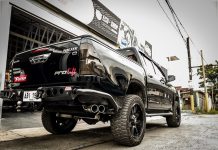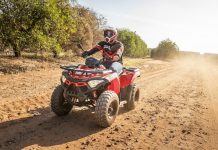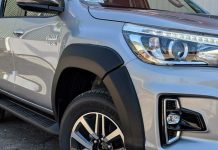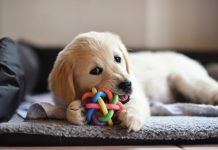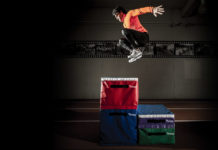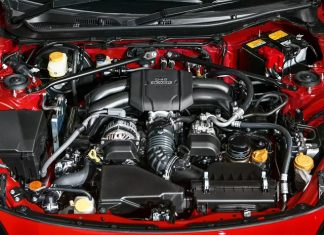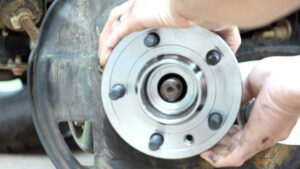
Despite being so small when compared to other vehicle components, a wheel hub bearing is one of the more important parts in your car. If the engine is what gives the car power, the hub bearing is what helps the wheel use that force and make the vehicle move freely. A bearing is comprised of a set of small metal (steel) balls placed in a metal ring, which is called a race. The bearing is located at the centre of the wheel sitting on an axle shaft, which helps reduce friction when the wheel turns. Wheel bearings also support a lot of the vehicle’s weight. This is what wears down bearings, hence why they need to be replaced from time to time.
Can You Drive a Car with a Bad Wheel Bearing?
While technically you’ll be able to drive your vehicle with a worn out bearing, it is not a very safe practice since the component’s surface area is not in full contact with the wheel. This can make the wheel hub bearing stop the wheels while you’re driving which can cause an accident. Even if the wheels don’t stop, a worn out bearing will negatively affect other parts such as the CV joint, transmission and hub.
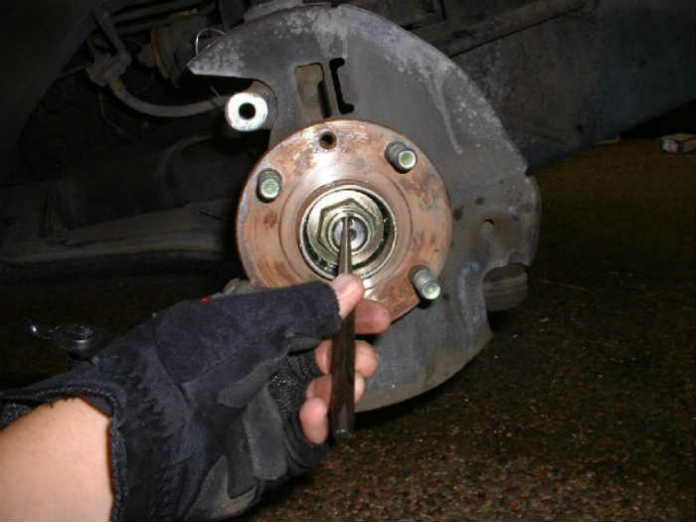
Is a Wheel Hub and Wheel Bearing the Same Thing?
No, they are not the same thing. A wheel hub is a factory made part that comes installed on the wheel and sold as a whole unit. A back or front wheel hub bearing, on the other hand, is a part that can be taken apart for lubrication and put back to use since it is not pre-packed.
How to Check Front Wheel Hub Bearing
Inspecting the front wheel hub bearing will depend on the type of brake your vehicle has. If it’s a disc brake, you’ll need to remove the caliper, to get to the bearings and see how they perform. Otherwise, if you have a drum brake that won’t be necessary since you can perform the check while you’re inspecting your brakes. If you don’t want to do a simple check without getting all dirty just get yourself a jack and jack stands and do the following steps.
1. Jack up your vehicle and place jack stands under each weight point. Afterwards, get a hold of the wheel at the bottom and top without sliding under your car and rock it. There should be very little movement if the bearing is still going strong otherwise the wheel will move excessively which indicates a worn out bearing.
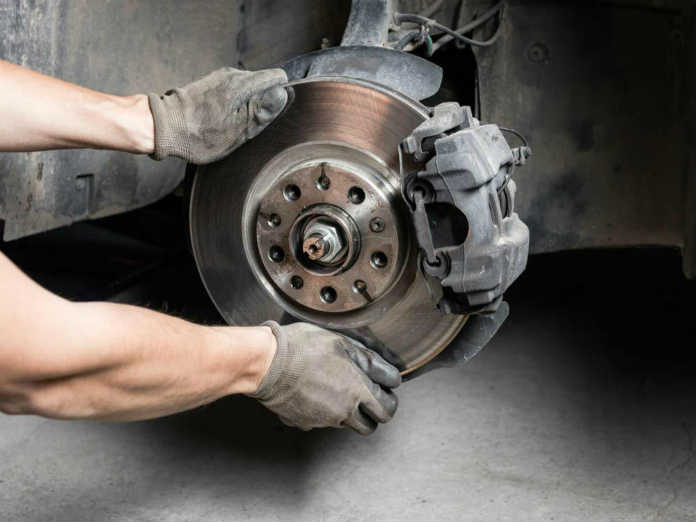
2. Next, put your gear stick in neutral or out of gear position if your vehicle has manual transmission. Rotate the wheel and listen for peculiar noises and if there’s some choppiness or roughness to the rotation. If any of the above exist, there is a possibility that the front hub bearing is damaged. Once you’re done with the inspection make sure to put your car in park/ gear before you go ahead and lower it back to the ground.
When to Change Wheel Bearing
Knocking
There are other indicators that can tell you a lot about the bearings without having to check for it yourself. If your vehicle produces a lot of clunking or knocking noises when turning or when you are going from accelerating to coasting, there is a chance that the bearing might be damaged. While in this case the bearings aren’t a common issue you should still visit your local mechanic to get to the bottom of it.
Humming
If you hear humming, growling or rumbling noises when driving in a straight line that intensify when you move the steering wheel a little bit to the left or right it’s something to do with the bearing. Otherwise, usually these type of signs indicate issues with drivetrain, tire or electrical components.
Vibration
While a vibrating or a wobbly wheel indicates a worn or damaged wheel, tire or suspension and even a chassis misalignment it can be related to the bearing or hub. In this case, you either have a severely damaged front hub bearing or a loss of clamp. If your vehicle shimmies or vibrates when driving at a constant speed it is not usually bearing or hub damage but rather an out-of-balance tire or damaged suspension.
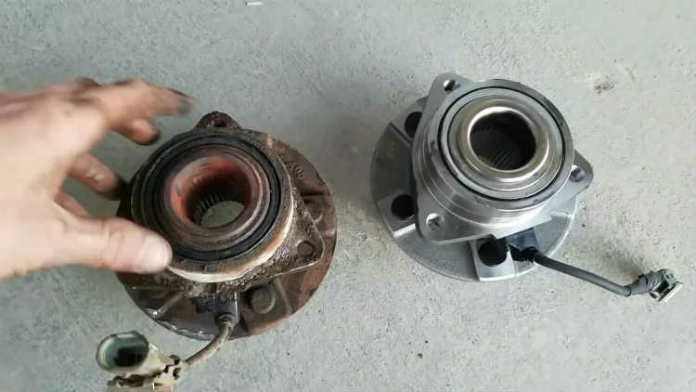
Pull
If the bearings are extremely loose they can cause the brakes to pulsate and even cause an abnormal pull to occur when you apply them. While this is usually an issue with a faulty equaliser or caliper that doesn’t mean you should exclude the former straight away.
Grinding
If you hear grinding noises when turning or when there is a shift in load, it’s a sign for concern as there could be damage to a bearing’s roller or raceway. This can also mean that there is mechanical damage on the wheel-end system.
Snapping
Clicking, snapping or even popping noises indicate excessive bearing endplay due to insufficient clamping. You’ll hear these noises when cornering and on sharp turns.


